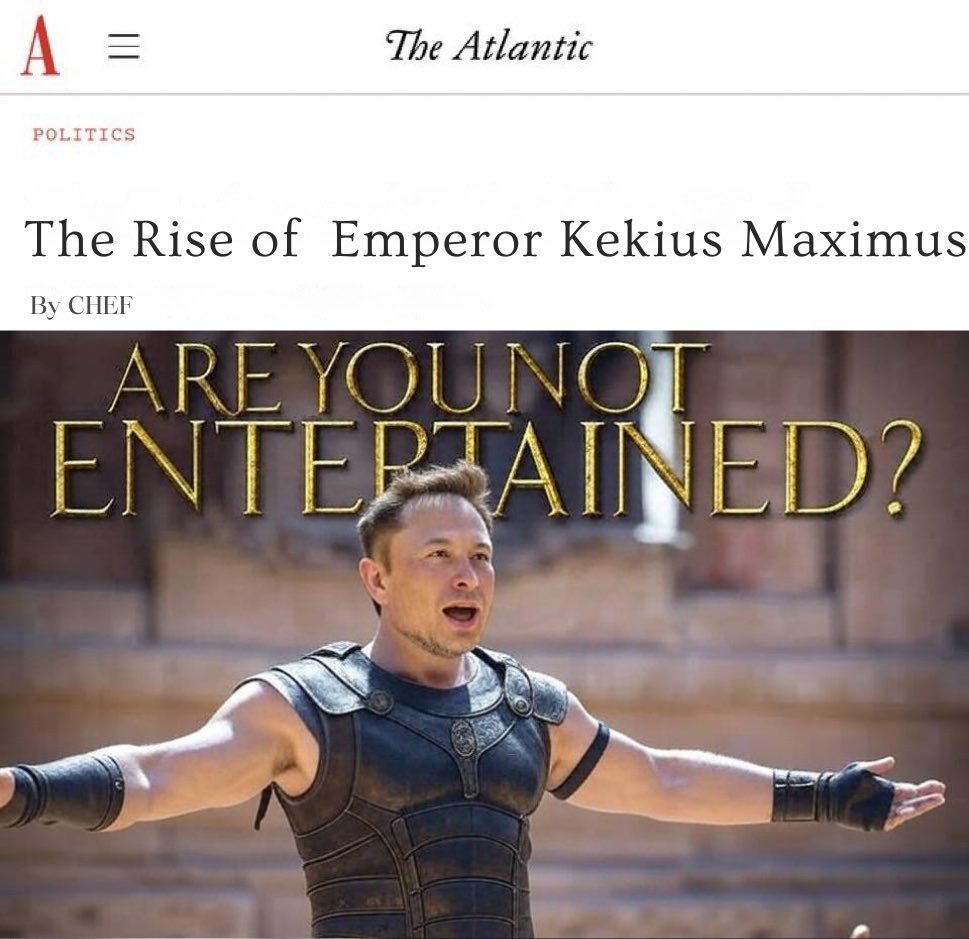Welcome to the “neomedieval era”
Nations like the US have more firepower than ever before — but they also appear weaker than ever. The upshot is a world that feels out of control.
Neomedievalism was also used to explain arrangements by which governments would voluntarily surrender a certain level of sovereignty to multinational bodies, as the nations of Europe did with the European Union, culminating in the introduction of a common currency in 1999.
In an influential and controversial 1994 Atlantic article — later expanded into a book, The Coming Anarchy — journalist Robert Kaplan portrayed West Africa’s chaotic civil wars, fought in territories where national boundaries drawn by colonial powers that often had little relation to ethnic realities on the ground, as a preview of a world where national borders were less relevant and “a pre-modern formlessness governs the battlefield, evoking the wars in medieval Europe.”
In more recent years, the idea has been taken up by writers like the paratrooper-turned-military contractor-turned-academic Sean McFate.
His 2015 book The Modern Mercenary argued that the increasing prevalence of private military contractors, such as America’s Blackwater or Russia’s Wagner Group, in conflicts around the world presaged a neomedieval world in which “states did not enjoy the monopoly of force and subsequent special authority in world politics.”
“States are not timeless,” McFate told Vox. “They’re not universal. They had a beginning, a middle, and they may have an end.”



No comments:
Post a Comment